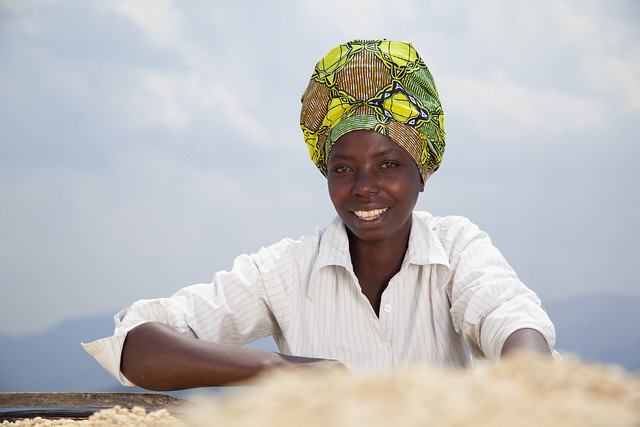Rwanda is a country situated in central Africa, bordered to the north by Uganda, to the east by Tanzania, to the south by Burundi and to the west by the Democratic Republic of Congo. Rwanda’s total area is 26,338 km2, with a estimated at 445 people per km². It is a hilly, fertile, landlocked country, and a member of the East Africa Community (EAC).
Rwanda has maintained its political stability since the 1994 genocide against the Tutsi. Presidential and parliamentary elections were held jointly in July 2024, after the government decided to synchronize the voting dates. President Paul Kagame, of the ruling RPF party, was re-elected for a fourth consecutive term. This term will only last five years, following a 2015 constitutional amendment that reduced presidential terms from seven years to five and set a two-term limit. The ruling RPF coalition also won the majority of seats in parliament, securing 68.8%.
ECONOMY
Rwanda aspires to become a Middle-Income Country by 2035 and a High-Income Country by 2050. It plans to achieve this through the implementation of its second a five year-development agenda underpinned by sectoral strategies focused on meeting the UN’s Sustainable Development Goals (SDGs).
Rwanda’s economy continued to demonstrate strong performance in 2025, with year-on-year growth reaching 7.8% in the first half. This follows an impressive average growth rate of 8.4% over the period from 2022 to 2024. The expansion was largely driven by robust investment activity and sustained growth in the services sector. However, agricultural output slowed, reflecting a contraction in food production and only moderate gains in export crops.
Last Updated: Sep 30, 2025







